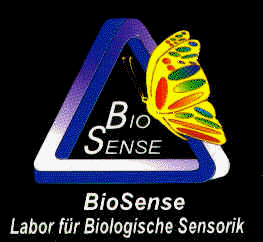 |
Willkommen bei BioSenseIhr Partner für Messungen ultravioletter Strahlung
Welcome to BioSenseYour Specialist for Measuring of Ultraviolet Radiation |
 |
Willkommen bei BioSenseIhr Partner für Messungen ultravioletter Strahlung
Welcome to BioSenseYour Specialist for Measuring of Ultraviolet Radiation |